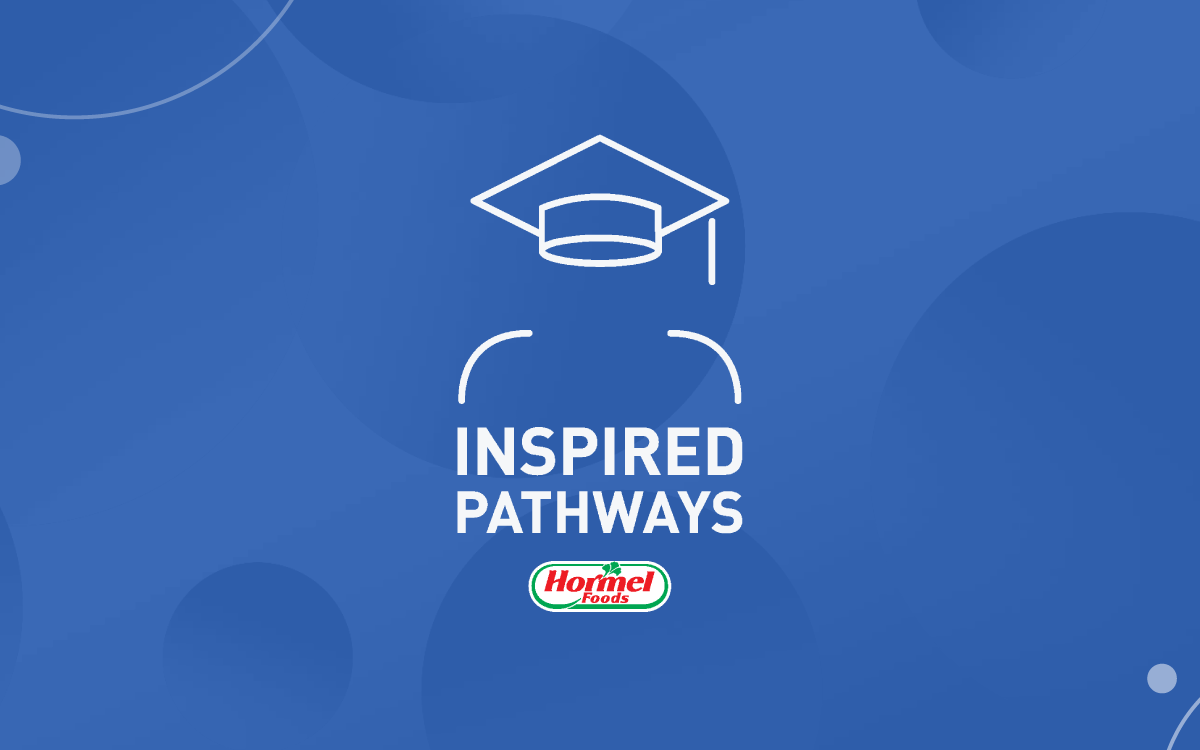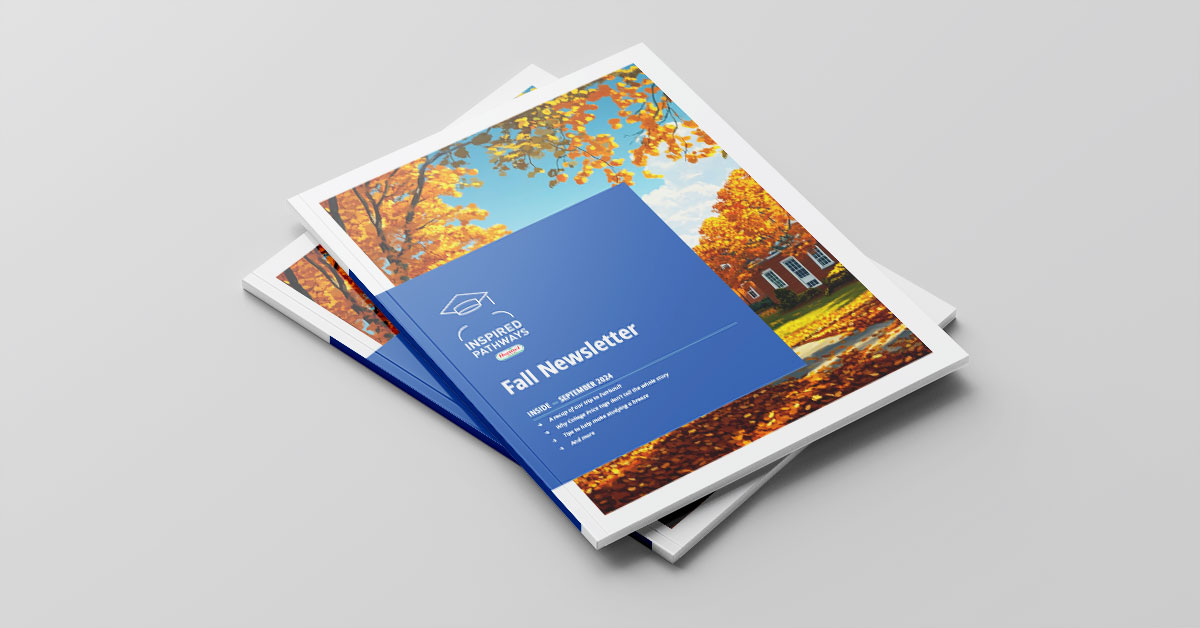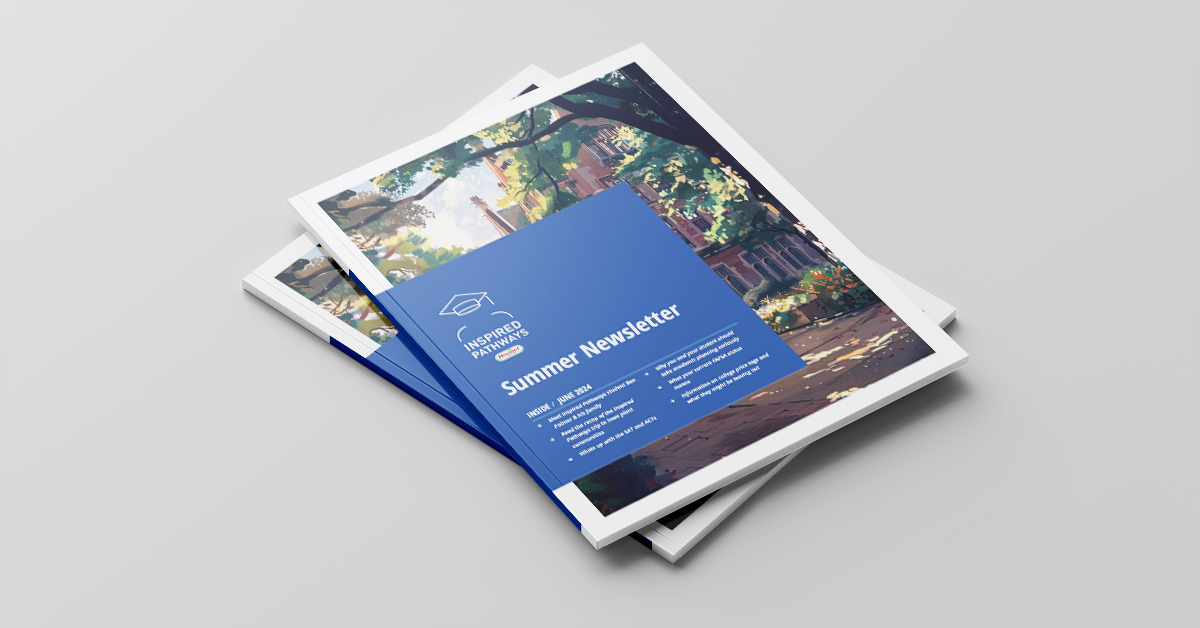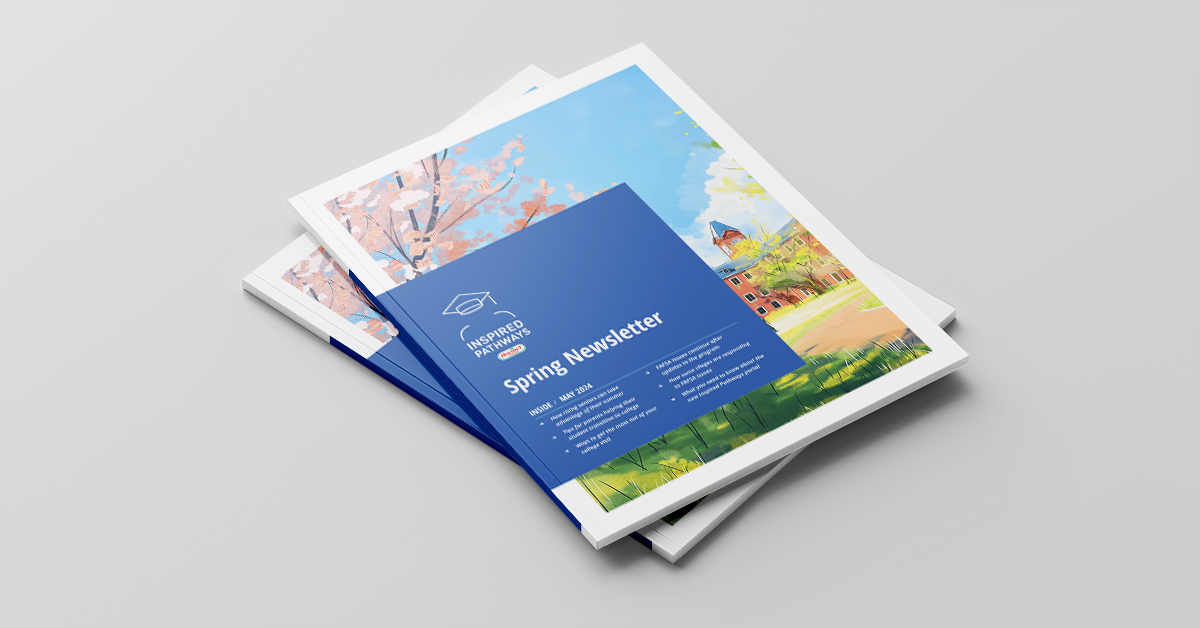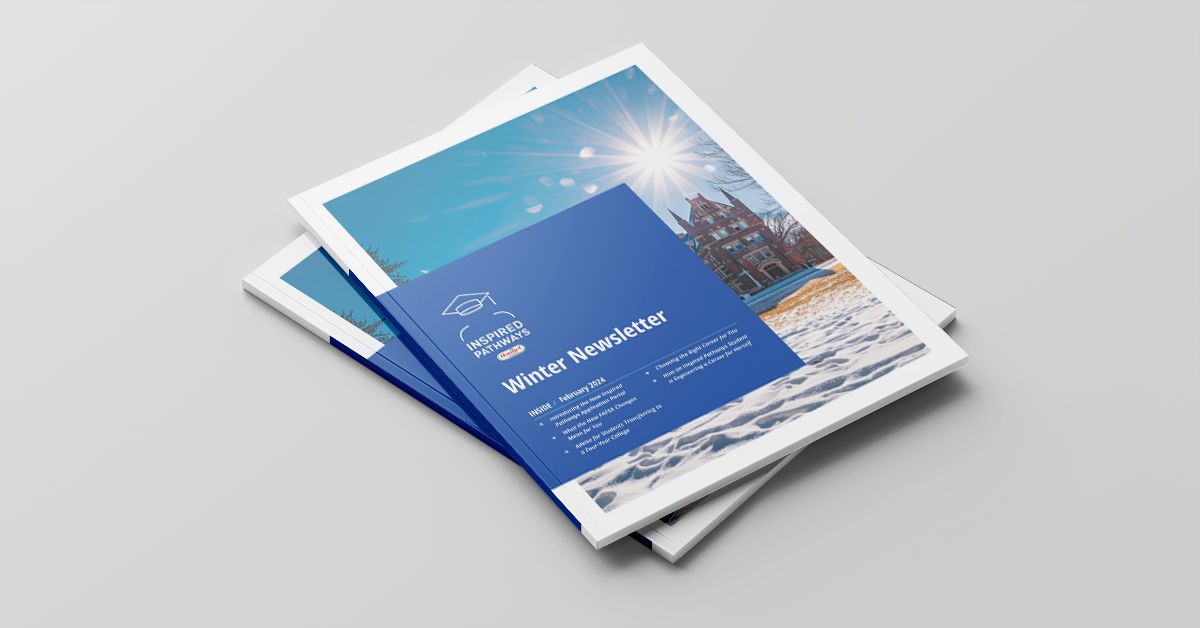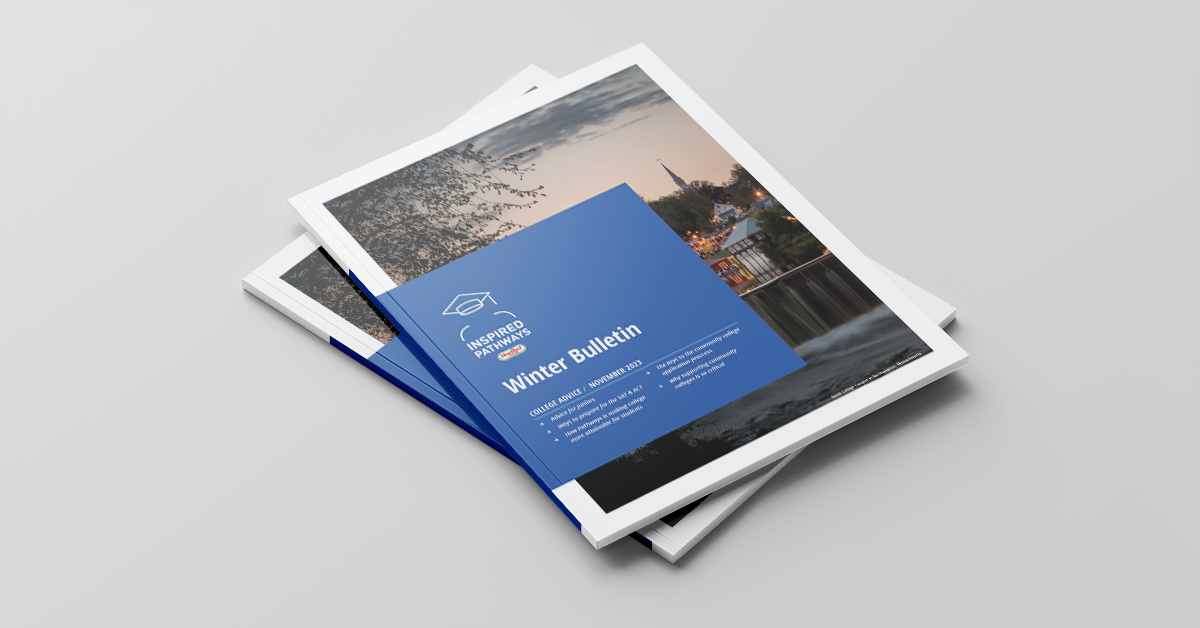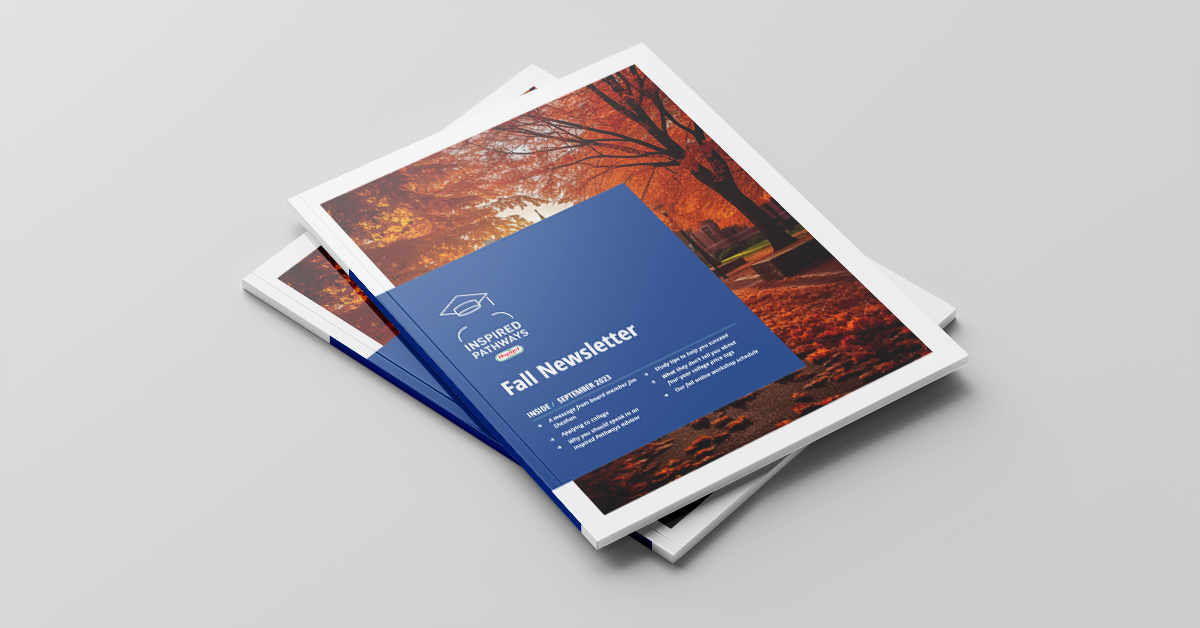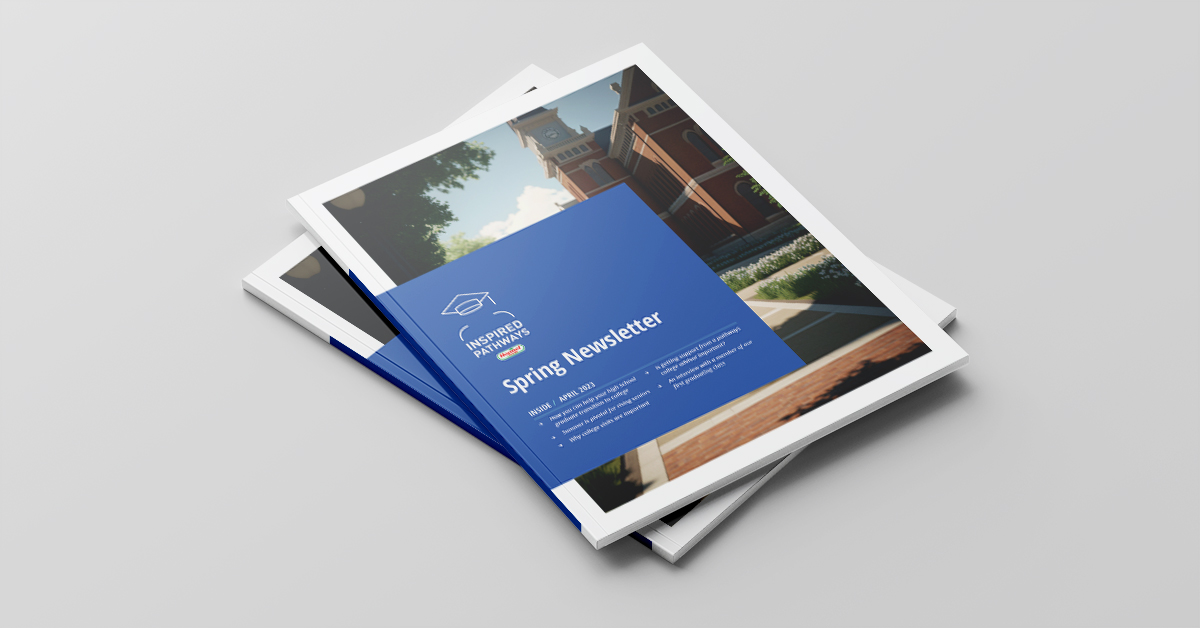College advising programs significantly improve the likelihood of college enrollment and completion for underrepresented and first-generation students. In fact, research has shown that programs like Inspired Pathways almost double the odds that a student will enroll in college after they graduate from high school. However, only about 5 percent of students from these backgrounds have access to these types of programs.
“In addition to setting expectations and providing a financial pathway to college, these programs also aid in establishing a college-going culture within the community. Students hear the message that everyone is expected to plan for their futures beyond high school and to consider college as an option.”
Glaser & Warick, 2016, p.7
Research indicates that there are four key features to effective college access programming and Hormel Inspired Pathways was designed to address each.
1. Help students navigate the college admissions process
Helping students complete college applications and prepare for entrance exams are the most important predictors of enrollment. Programs with the strongest evidence for effectiveness, all include this component.
The Hormel Inspired Pathways program is designed to teach students about each aspect of the college and financial aid process. Our program and workshops walk students through this process while also providing access to college admissions professionals if and when they have questions along the way.
2. Prepare students academically
Access to a college preparatory curriculum while in high school is one of the most critical variables for helping students gain access to postsecondary education (Corwin, Colyar, & Tierney, 2005; Cabrera & La Nasa, 2001; Perna, 2000).
The Inspired Pathways’ workshops discuss what colleges are looking for in applicants and how high schools students can gain access to the programs, courses, and experiences that will give them the best chance of being admitted into their top choice college.
3. Provide support
Support is a predictor of college attendance and completion (Perna, 2000). Social support helps students see college as a realistic option. Students are more likely to plan to attend college if they are in an environment that promotes college enrollment. (Hossler, Schmit, & Vesper, 1999).
Inspired Pathways’ mentoring program provides students with a Hormel mentor, who works with their mentee to help them believe that college is in their future. Through instruction and support from the Inspired Pathways Director and advisors, mentors have all the tools they need to offer this crucial support.
4. Involve and encourage parents/family
Students with parents who are knowledgeable about college are more likely to attend college. Effective outreach programs address this predictor by involving parents and other family members, providing college information to parents, and teaching parents how to support their children’s education (Perna, 2002; Corwin et al., 2005; Swail & Perna, 2002).
Inspired Pathways starts with the parents, fostering involvement from the beginning. Throughout the program, students and parents are asked to engage with our college planning workshops, and have the opportunity to work one-on-one with the Inspired Pathways Director and advisors.

